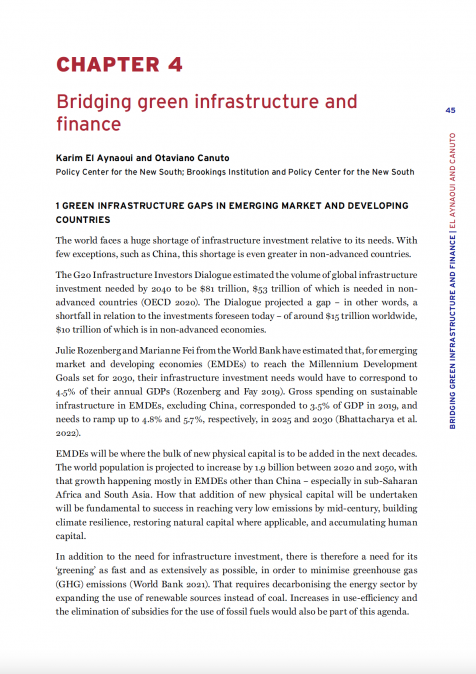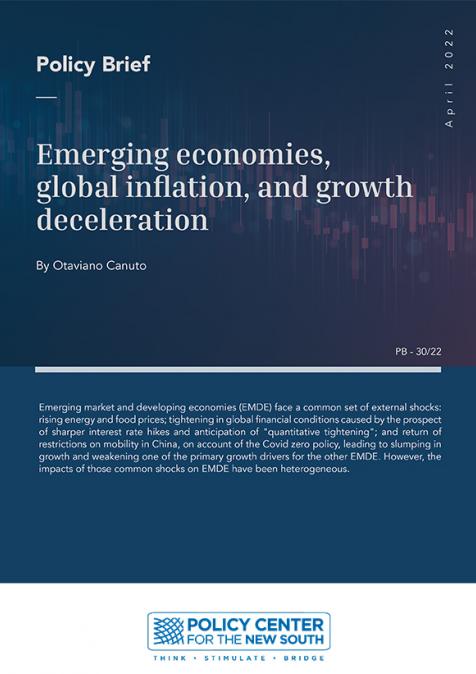Publications /
Policy Paper
The energy sector faces many challenges that undermine economic growth, energy security and access, and environmental sustainability. To address these challenges, Atlantic Basin countries need to improve access to reliable energy, diversify their energy mix with low-carbon alternatives and improve energy efficiency in the long term. However, the transition to clean energy will also create new risks and challenges that differ from one Atlantic country to another, requiring additional risk mitigation measures and raising the question about the appropriate pace of energy transition. Therefore, the key to managing these risks, lies in robust, equitable, and interdependent global markets and supply chains coupled with strong regional partnerships and national alliances. Therefore, a new energy security paradigm for the Atlantic Basin must emerge to address current and future challenges and ensure that energy security for some does not create massive insecurity for others. However, this new paradigm will require making explicit the new geopolitical risks and trade-offs of sustainable energy systems.
"This Paper is prepared within the framework of the Jean Monnet Atlantic Network 2.0. The European Commission's support for the production of this publication does not constitute an endorsement of the contents, which reflect the views only of the authors, and the Commission cannot be held responsible for any use which may be made of the information contained therein."












